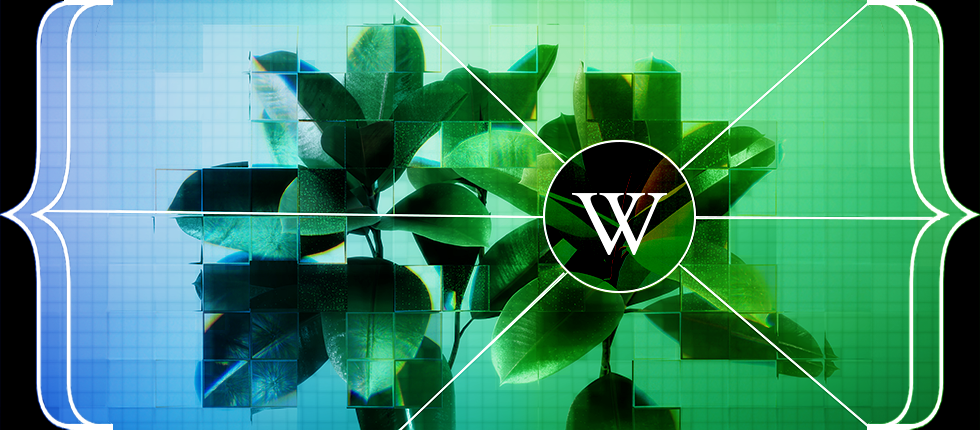This week, Wikipedia celebrates its twenty-third birthday. In that time, the online encyclopedia has become one of the top ten most popular websites in the world, with over 15 billion visits a month. Despite the changes to the internet over the last two decades, from Web 1.0 to our current era of the world wide web, from smartphones to the rise of artificial intelligence, Wikipedia continues to thrive.
Almost four years ago, I joined the Wikimedia Foundation as the Director of Machine Learning. I’ve worked in data and machine learning my entire career. My background and skill set is in data, computation, and algorithms — understanding it and using it.
Over the last four years, the thing that stands out so clearly in my mind is that Wikipedia is built by people and for the people, and it is here to stay.
The ubiquity of Wikipedia can make it easy to forget that behind every fact, every image, and every word in every article is a person — a person with a life, with family, friends, and pressures on their time.
People are why Wikipedia continues to persist.
For over twenty years and multiple times a second as you read this, thousands of people are spending their time building a global commons of freely available, neutral, reliable information for the world. That is why, despite the rapid changes the internet has gone through, the online encyclopedia remains relevant.
The internet is not static. It is an evolving set of technologies, cultures, and norms. And just like it has since its start, Wikipedia will evolve with the internet. For example, Wikipedia volunteers have used machine learning for years to help detect vandalism, translate articles, and provide a better experience for editing.
These efforts will only get more effective and efficient. The Wikimedia Foundation will continue to build new AI tools making Wikipedia better – more reliable and accessible to everyone.
One thing that will never change is our fundamental belief that Wikipedia comes from its editors. The foreseeable future remains that a large group of humans working together — debating, discussing, fact-checking each other, even when using AI to boost their efforts — will be the best way to create reliable knowledge.
The news is filled with stories on advances in artificial intelligence. There are ways of interacting with information on the web that people would not have dreamed of a few years ago. But as the internet is flooded with AI-generated content (some of it good, much of it bad) the value of an individual human volunteer, spending their evenings after the kids are asleep or after they get off from their job, building and improving the knowledge commons that is Wikipedia, will only become more important.
There will be something after this artificial intelligence boom, and something else after that. Still, the work of Wikipedia and its volunteers to build a reliable resource of information freely for the world will continue. Wikipedia is here to stay.
Happy birthday Wikipedia, and cheers to many more ahead.
Chris Albon is the Director of Machine Learning at the Wikimedia Foundation. You can follow him at @chrisalbon.

